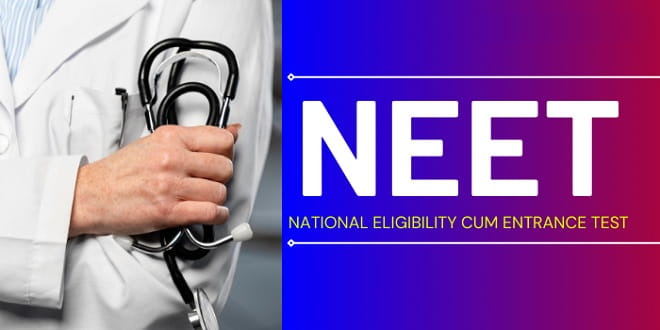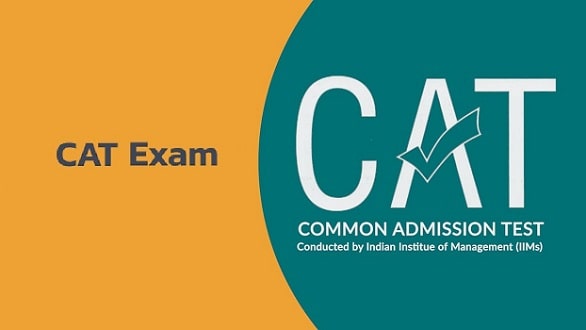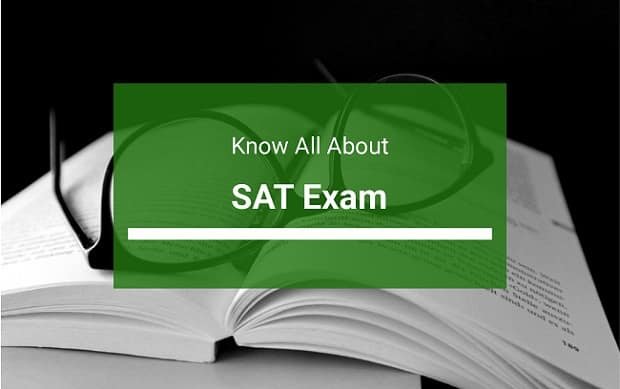India has various entrance-based tests and examinations for various streams. If you are one of those engineering aspirants then the GATE exam is something you must have heard about. GATE exams are one of the engineering-based entrance tests for post-graduation courses that are taken in India. It is known as the Graduate Aptitude Test in Engineering thereby meaning GATE as a short acronym. Here are details of the course mentioned down below:
What is GATE Exam?
GATE exam as we aforementioned stands for Graduate Aptitude Test in Engineering. It is an entrance test designed for post-graduation course entry in India. Generally, the graduation entrance is known as the JEE which gives entry for the bachelor’s program. This GATE exam allows entry for the master’s program in Engineering. The course is designed under the guidance of the Department of Higher Education and the Ministry of Education and is mandated and approved by the Government of India.
The GATE exams are a marker for the understanding and the performance of the students. The marks attained in GATE exams are used for entry into courses like Master of Engineering, Master of Agriculture, Master of Technology, Doctorate in Philosophy, and more. The exam is also taken as a marker for financial assistance into the master’s program.

The exam is also taken into a consideration by the various public sector undertakings for job recruitment in India. The exam in itself is one of the toughest entrance exams in India and is well recognized worldwide. The exams are held once a year and are conducted for 3 hours.
Eligibility for GATE Exam
The GATE exam has certain mandates and criteria that need to be fulfilled by the students who wish to appear for the exams. The eligibility criteria are defined based on various metrics and conditions that we will discuss here down below:
- Students willing to appear for the GATE exams need to have a bachelor’s degree in the stream of Engineering, Technology, Agriculture. The students should have pursued at least 3 years of bachelor’s program after their +2 or 4 years and desired. Students who have pursued post-diploma courses can also apply provided they have undergone 4 years of course. The course is further also open for the final year students in B.Tech.
- Students who have master’s degrees in any of the fields of Science/Mathematics/Computer Applications/Statistics and other similar courses can also apply for the course provided they are in the last year of the course.
- Students into their second or higher year of their master’s program of their four-year master’s course can also apply for the course.
- Students who have achieved their professional certifications can also apply for the course.
Apart from the above criteria, the GATE exams have been opened to various nationalities along with Indian citizens. Here’s a list of eligible nations for GATE exams:
- Indian citizen (Including PIO/NRI/OCS)
- Citizen of Nepal
- Citizen of Bangladesh
- Citizen of Sri Lanka
- Citizen of Ethiopia
- Citizen of United Arab Emirates
GATE Exam Syllabus
GATE exams are conducted in 27 various disciplines from which the students can choose to opt for the type of discipline or the stream that they want. The course is quite exhaustive when it comes to the syllabus and has various aspects of it. The syllabus generally comprises materials from over 10 to 14 subjects of the engineering field since it is an engineering-based exam. Here’s an overview of the syllabus of GATE exams:
- Verbal Ability: This section includes the type of questions from English grammar, sentence building and completion, word groups, verbal analogies, verbal deduction, critical reasoning, and more.
- Numerical Ability: This section takes a look at the numerical computation and the aspects of the numerical system. It also has numerical estimation, reasoning, and other topics like data interpretation.
- Technical ability: This section includes questions of technical basis from the paper that the students choose.
- Engineering Mathematics: This section is for the papers that have the mathematics section integrated within.
The exam in itself is of 3 hours and comes with a total marking of 100 marks. There are a total of 65 questions in the list and the examination is solely carried out in an online mode via the Computer-based test. The exam consists of multiple-choice questions and multiple select questions. There are also some numerical answer-type questions asked in the exam. The student has to enter the right answer to the question presented on the screen.
The exam pattern is divided into 65 marks and has both one-mark and two-mark questions with it. Here’s the breakdown of the exam pattern:
- General Aptitude: It consists of verbal and numerical questions and has 10 questions. Here’s the marking of the questions:
- 5 questions of 1 marks
- 5 questions of 2 marks
- Technical Ability: This consists of the technical questions from the subject of the one chosen by the student. It has a total of 55 questions under it. Here’s the marking of the questions:
- 25 questions of 1 marks
- 30 questions of 2 marks
The exam has negative markings also. The negative marking is done at 0.33 for the wrong answer of 1 mark and 0.66 negative marks for the wrong answer of two marks.
Age Limit for GATE Exams
There is no age limit for GATE exams and students of any group can apply for the exams provided they comply with the eligibility criteria. The students only need to follow the mandates that are mentioned in the eligibility like completed their bachelor’s program in the required field of engineering or technology. Apart from that we also know that the GATE exams are open to students of all age groups from India and a few other nations.
Fees for GATE Exams
The GATE exams have certain mandated fees that the students need to pay to become eligible for the examination and test. The fees are differentiated based on the category of the person. There is also a provision of a late fine for submission of form after the specified date. Here are the fees mandated for the GATE exams:
- Female Candidates: INR 750
- SC/ST/PWD: INR 750
- Any other candidate: INR 1500
- International centers: USD 75 and USD 100 (Based on location)
The late fees for submission of the form during the late window are charged at INR 500 perform for all candidates in India and USD 20 for foreign students at international centers. The fees need to be paid during the registration process to become eligible for the test. It can be made via any of the online means and payment methods.
The registration process of GATE Exams
Students who want to start their career in the master’s program of engineering or any other field need to complete the registration process to become eligible for the exams. Here’s the registration process for it:
- Step 1: The candidate needs to open the website of GATE and fill the application online. For this, they have to click on the website and fill at the GATE Online Application Processing System (GOAPS).
- Step 2: Once the GOAPS window opens, click on the register as a new user and then enter the credentials like email id, phone number, name, date of birth. The phone number will prompt you to provide an OTP for you. This will validate your credentials.
- Step 3: Then login into the GOAPS system with your user Id and password and then proceed to fill the form.
- Step 4: Then fill the form and enter your academic details, personal details and submit the additional documents like a scanned copy of the signature, and passport size photo.
- Step 5: Then proceed to select your examination center. The required fees will be showcased based on the examination center.
- Step 6: Now pay the required fees via an online mode of payment. Then your application will be registered and you will then receive an application number. The application number will come in handy for the download of the admit card later on.

Rahul Kumar is a passionate educator, writer, and subject matter expert in the field of education and professional development. As an author on CoursesXpert, Rahul Kumar’s articles cover a wide range of topics, from various courses, educational and career guidance.



